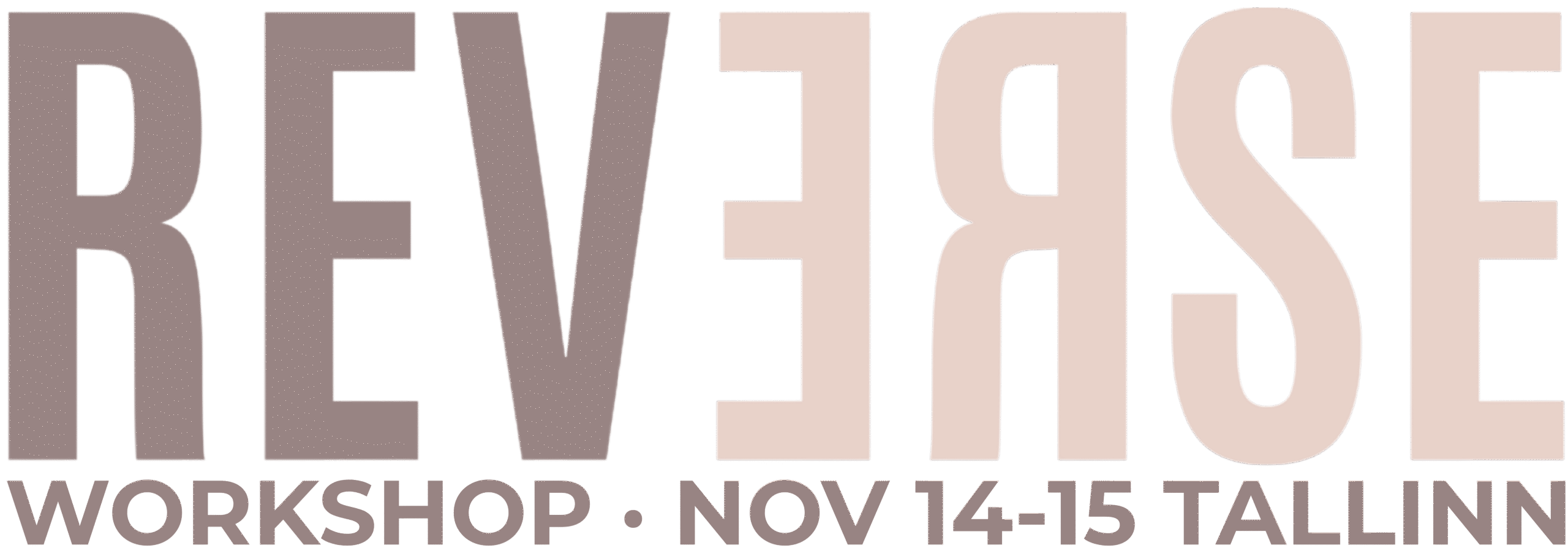Menopause
Menopause (also known as the “transition period” or “climacteric”) is a natural phase in a woman’s life during which menstruation ceases and she is no longer fertile. Menopause is usually defined as the time when a woman has not had a menstrual period for 12 consecutive months. At any given moment, about 30% of the world’s women are either peri- or postmenopausal. On average, women spend about 40% of their lifetime in postmenopause. Below, we list some key topics related to menopause.
- Definition and stages::
- Perimenopause – The transition period before menopause, characterized by hormonal fluctuations. Perimenopause can begin as early as the mid-30s and last 4–8 years.
- Menopause: The time when menstruation ends and a woman has had no menstrual periods for 12 consecutive months. Menopause typically begins around the age of 51, but it can start anytime between 45 and 55.
- Postmenopause: The time after menopause.
- Symptoms:
- Hot flashes: Sudden sensations of heat, often intense, usually strongest in the upper body.
- Night sweats: Hot flashes occurring at night, causing sweating and sleep disturbances.
- Irregular periods: Fluctuations in menstrual cycle length and flow before menopause.
- Vaginal dryness: Reduced moisture and elasticity in vaginal tissues.
- Mood changes: Increased likelihood of mood swings, depression, and anxiety.
- Sleep problems: Difficulty falling or staying asleep.
- Hormonal changes:
- Decline in estrogen and progesterone levels.
- Effects on the endocrine system* and overall hormonal balance.
* The endocrine system includes hormone-secreting cells, glands, receptors, tissues, organs, and corresponding chemical signaling molecules.
- Health effects:
- Bone Health: Increased risk of osteoporosis and fractures due to reduced bone density.
- Cardiovascular health: Higher risk of heart disease.
- Weight gain: Changes in metabolism and body composition.
- Management and treatment:
- Hormone replacement therapy (HRT): Medications to replace estrogen and progesterone.
- Non-hormonal treatments: Lifestyle changes, herbal remedies, and non-hormonal medications.
- Diet and exercise: Importance of nutrition and physical activity in managing symptoms and maintaining health.
- Psychological impact:
- Effects on mental health and overall well-being.
- Importance of social support and counseling.
- Sexual health:
- Changes in libido and sexual function.
- Managing discomfort during intercourse.
- Cultural and social perspectives:
- Different cultural attitudes and beliefs about menopause.
- Influence of societal views on women’s experiences during menopause.
- Long-term health considerations:
- Monitoring and managing long-term health risks.
- Preventive health measures and screenings.
- Research and developments:
- Ongoing studies on menopause and its effects.
- New treatments and therapies in development.

